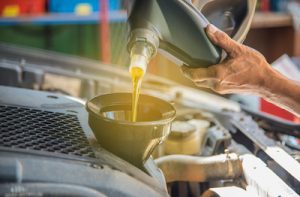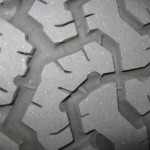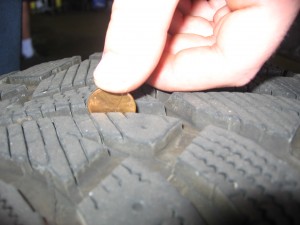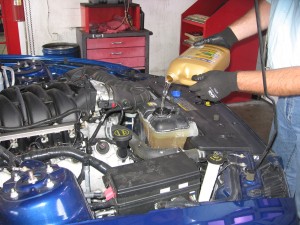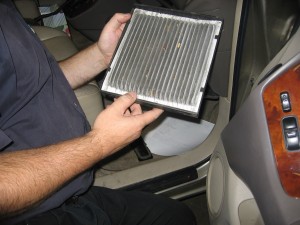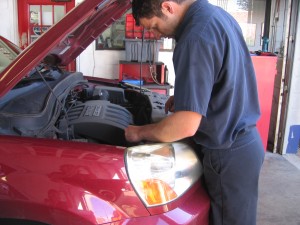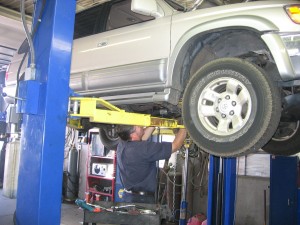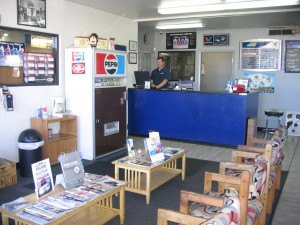In these days of endless information on the internet and Wikepedia, it’s more important to make sure the information we get is based in fact not fiction. It’s fact vs fiction! We should separate fact from fiction in all areas of our lives including taking care of our cars engine. With the help of Consumer Reports, I’ve compiled a small list of fact vs fiction.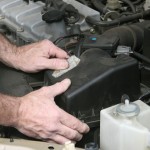
Fiction: You have to let your engine warm up for several minutes before you can start driving.
Fact: This advice was true in the past but today’s car engines warm up more quickly when they’re driven. The sooner they warm up, the sooner they reach their maximum efficiency and performance. But you shouldn’t rev the engine high during the first few miles while it’s warming up.
Fiction: Switching between conventional oil and other types of oil is bad for my engine.
Fact: Mixing or switching between types of motor oil isn’t harmful to your engine because conventional, synthetic, synthetic blend and high mileage oil are all compatible.
Fiction: If regular-grad fuel is good, premium must be better.
Fact: Most cars will run just fine on regular-grade (87 octane) fuel. A higher octane fuel (premium) is often recommended for high compression, hotter running engines. So if your car is designed for 87 octane, you don’t need to use premium, it won’t improve your car’s performance.
Fiction: There isn’t any difference between conventional and synthetic motor oil.
Fact: There aren’t any real differences in the stock base used to make synthetic and conventional oils, but there are differences in the processes used to make each oil and the additives that they each contain.
Fiction: We should inflate our tires to the pressure shown on the tire’s sidewall.
Fact: The PSI figure on the side of the tire is the maximum pressure that the tire can hold safely. The automaker’s recommended pressure is usually found on a doorjamb sticker, in the glove box, or on the fuel-filler door. Check you tire pressure when the tires are cold for an accurate reading.
Fiction: A dealership must perform regular maintenance to keep your car’s factory warranty valid.
Fact: As long as the maintenance items listed in the car owner’s manual are performed on schedule, the work can be done at any auto repair shop. Just keep accurate records and receipts in case of a warranty dispute on a car repair.
I’m sure this list is incomplete and many more facts vs fiction could be added. If you have some to add or any questions that you would like answered, please write a comment and share them with us. We will do our best to answer them for you.

